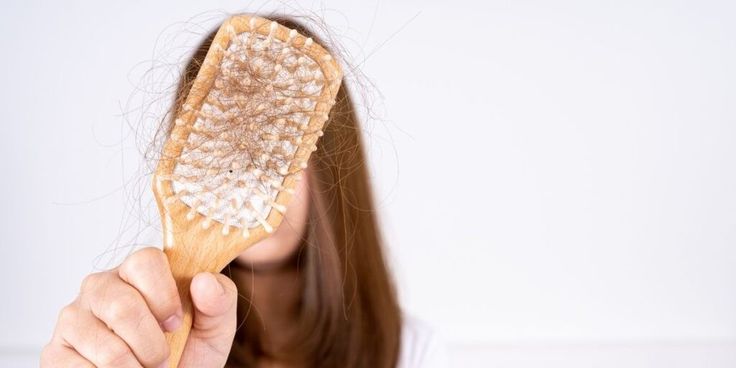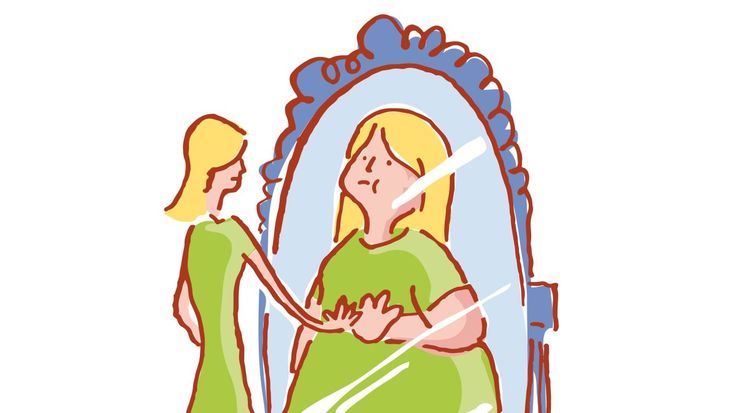Hair loss is a concern nearly everyone has faced at some point. Whether it's the loss of youthful locks or the gradual thinning that comes with middle age, diminishing hair volume invariably stirs unease. Today, with the rise of industries like medical aesthetics and hair transplants, hair loss and appearance anxiety seem to be increasingly common issues in modern society. Simultaneously, various insurance products targeting hair loss and cosmetic concerns have quietly entered the market. So, is this a waste of money or a genuine necessity?

First, the rise of appearance anxiety is inseparable from modern society's emphasis on looks. With the proliferation of social media, everyone is showcasing their most perfect selves, and standards for physical appearance continue to rise. From “beauty is justice” to “beauty can change your destiny,” this mindset permeates daily life. We frequently observe young people opting for hyaluronic acid injections, laser treatments, or even cosmetic surgery to maintain smooth, firm skin. As these medical technologies become more accessible, hair loss is no longer exclusively a male concern—women now face this challenge as well. Consequently, insurance products targeting hair loss and appearance anxiety have emerged in the market, attracting many anxious consumers.
But is purchasing such insurance worthwhile? We must return to the essence of insurance—risk management. While hair loss itself isn't life-threatening, it often creates psychological pressure for many, even impacting social interactions and careers. Consequently, some insurers offer coverage for hair transplants and medical aesthetics to alleviate financial burdens. These products essentially respond to society's pursuit of beauty and external pressure regarding appearance.
The question remains: can these policies truly address the root cause? If anxiety stems from hair loss, insurance may only alleviate short-term financial pressure rather than cure the underlying unease. From a longer-term perspective, appearance anxiety is a societal phenomenon, and how individuals cope with inner turmoil is paramount. Insurance primarily offers temporary financial protection, not a solution to fundamental issues.

Furthermore, from an insurance design perspective, many hair loss and appearance anxiety policies feature complex terms and cumbersome claims processes. Some policies may only activate under specific conditions—such as requiring six months after onset or a certain degree of hair loss before payout—which undoubtedly creates barriers for many policyholders. Consequently, many question whether such insurance offers genuine value or serves merely as a marketing ploy for insurers to “tax intelligence.”

Nevertheless, demand for these products is undeniably rising, particularly in today's high-pressure, fast-paced society. As individuals increasingly prioritize personal image and health, insurers are innovating to meet consumer needs by offering diverse coverage options. Some are willing to pay for appearance anxiety coverage, viewing it as a form of foresight and protection against future risks; others believe they don't need such coverage, arguing that ultimately, appearance anxiety is something one must confront personally.
Overall, purchasing insurance for hair loss or appearance anxiety isn't entirely a scam. It's an insurance product tailored to specific needs, suitable for those deeply troubled by hair loss or appearance anxiety. However, it does not fundamentally resolve these issues nor serve as a panacea for inner anxiety. If considering purchase, focus on the policy's specifics, claim conditions, and coverage scope rather than following trends blindly. Ultimately, insurance remains merely a tool—mastering emotional management and mindset cultivation holds the true key to navigating appearance anxiety.




